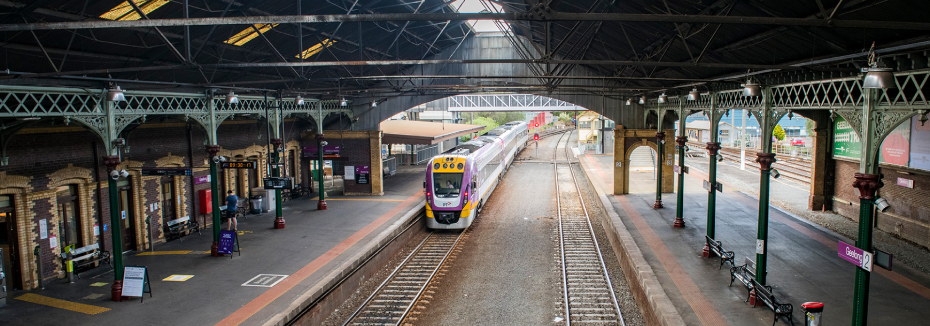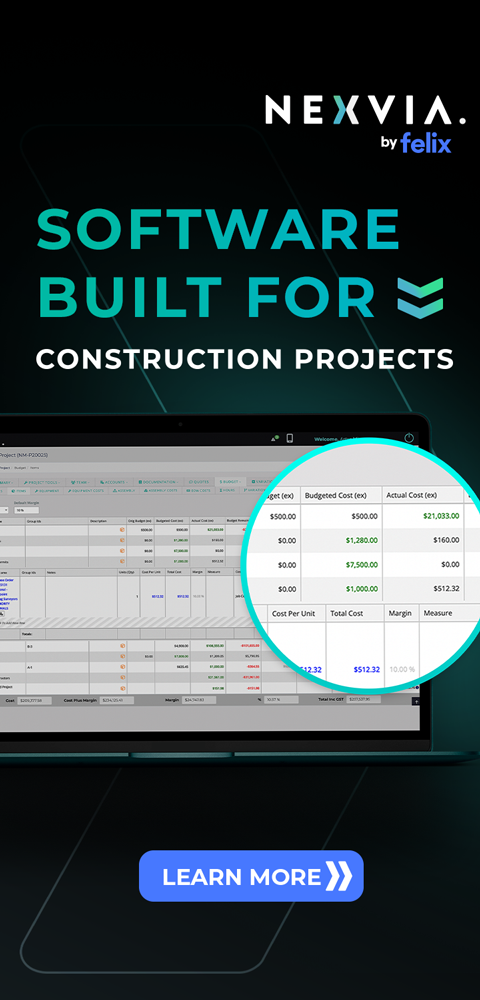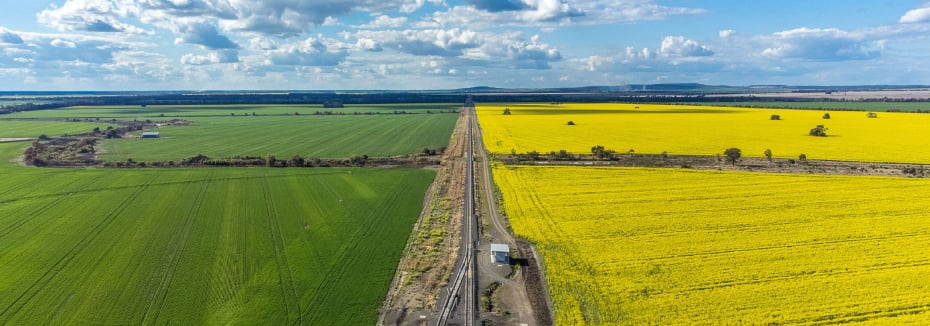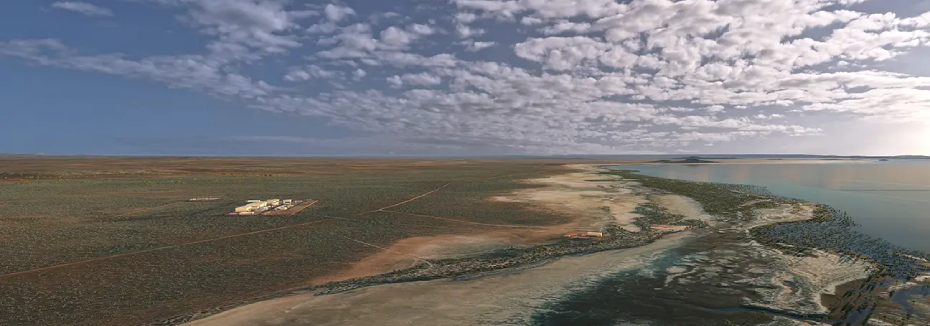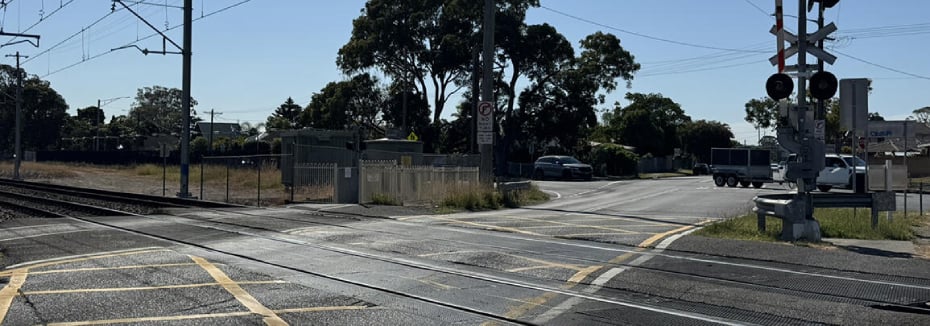The first stage of Victoria’s Geelong Fast Rail is progressing well as geotechnical investigations get underway along the Werribee corridor, which is vital to determining the best outcome for the project.
By the end of this year, approximately 40 boreholes are going to be dug – each having a depth between 3 metres and 25 metres – as part of an extensive site investigations program that includes site inspections, surveys, geotechnical drilling and sampling.
“The information gathered will help to inform ongoing planning and design work to refine the scope, cost and timing of the first stage of Geelong Fast Rail, which will cut travel times between Geelong and Melbourne to around 50 minutes.
“Site investigations will take place primarily within or near the rail corridor at locations from Newport to Werribee, with around 300 individual locations earmarked for a combination of boreholes or cone penetration tests, all of which are carefully controlled geotechnical investigations and minimally disruptive.
“This upgrade will complement works already underway further down the state’s busiest regional rail line to increase frequency and reliability including the Waurn Ponds Station upgrade, Waurn Ponds stabling and the South Geelong to Waurn Ponds Duplication,” Rail Projects Victoria said in a statement.
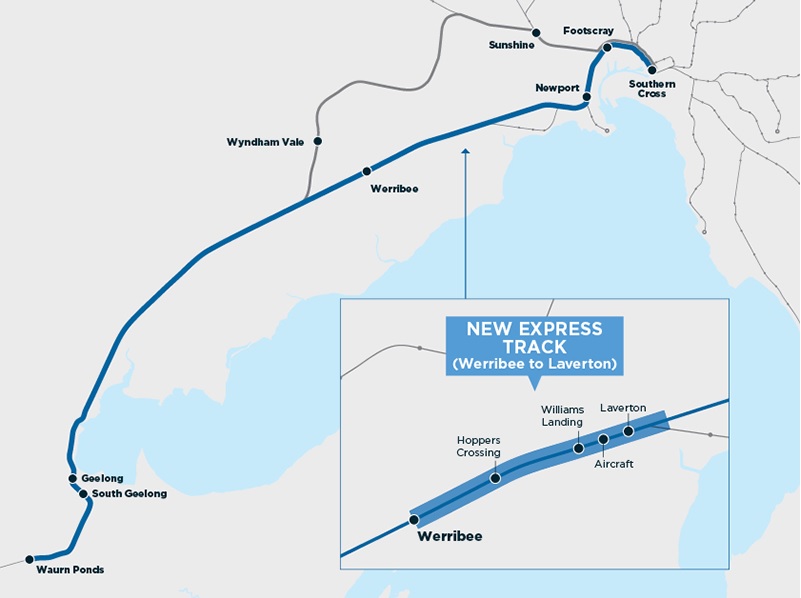 Geelong Fast Rail map (source: Victoria's Big Build)
Geelong Fast Rail map (source: Victoria's Big Build)
Stage 1 of the Geelong Fast Rail development will include:
- New track dedicated to regional services (between Werribee and Laverton)
- Upgrades to bridges over main roads
- Station upgrades at Werribee and Laverton
- New bridges and culverts over creeks and rivers
- Signalling and train control system upgrades
The Werribee route has been chosen as the preferred route for the future Geelong Fast Rail and once completed, it will provide the shortest and most direct rail link between Geelong and Melbourne. This route is approximately 8 kilometres shorter than the current route that passes through the western suburbs via Sunshine.
Through the 2020/21 Victorian Budget, the State Government has committed $2 billion towards the first stage of Geelong Fast Rail to match the Australian Government’s $2 billion funding injection.
Rail Projects Victoria has also commenced the market engagement process that will collect feedback from industry to help finalise the best procurement approach for this project.
The first stage of market engagement will include registrations of interest from “suitably experienced and qualified organisations interested in tendering” for works on the Geelong Fast Rail project. This includes design/engineering, construction as well as rail systems/rail infrastructure providers.
The ICN Gateway company registration has also been opened for local suppliers and contractors that are not part of a consortia but are interested in getting involved in the delivery of the Geelong Fast Rail.
More information on the procurement for Geelong Fast Rail can be found here.
In May of this year, Rail Projects Victoria announced that about 70 companies – both local and international – have registered their interest to deliver Stage 1 of the project.
These companies have a range of specialisations including construction, engineering and rail systems.
Subject to relevant State and Federal Government approvals, initial works on this project is anticipated to commence in 2023.
Source: Victoria’s Big Build (1, 2, 3, 4); Premier of Victoria – Media Centre; Inside Construction

Recent Articles
NSW Govt approves Inland Rail Narrabri to North Star Phase 2 project
Delivery of the second phase of Inland Rail in New South Wales will soon get underway as the State Government gives the green light to the Narrabri to North Star Phase 2 project.
New significant milestones reached on proposed Northern Water Project
Two significant milestones have been achieved on the proposed Northern Water desalination plant in South Australia.
Plans unveiled for major upgrade to NSW Rawson Rd level crossing
The New South Wales Government has unveiled plans for a major upgrade at Rawson Road and Railway Street in Woy Woy to make one of the Central Coast’s level crossings safer.
Get the latest project news
- updates on Australia's pipeline of state and federal projects
- fresh contract awards from major contractors and builders
If you're looking to contact us about other matters, please contact us.
